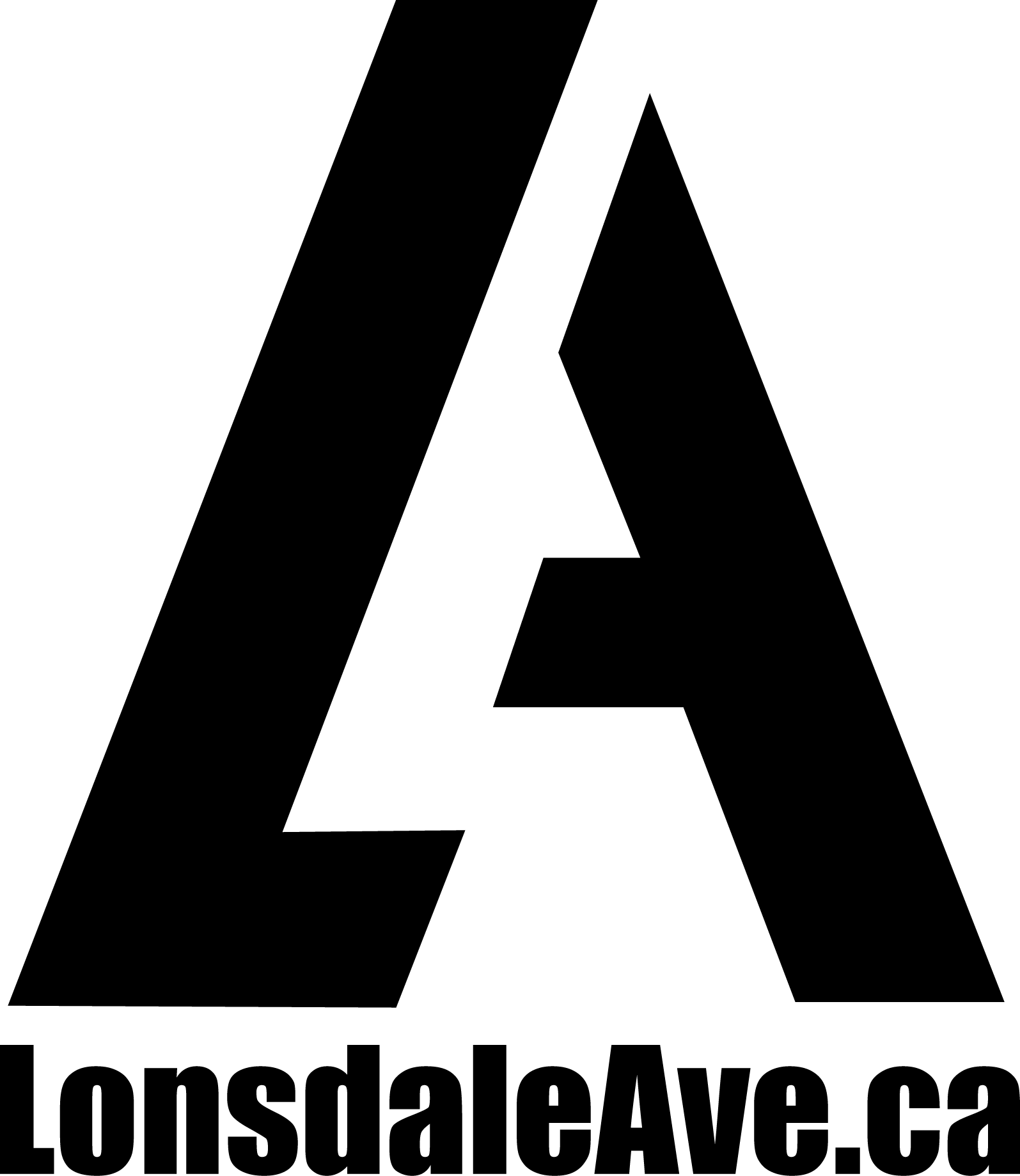In the sprawling urban jungle that is Metro Vancouver, many singles are quick to describe dating as transactional. It’s not just a Vancouver problem, though—it’s a global reality, and one that’s deeply rooted in the human condition. Exchanging resources for sex, love, and companionship is an ancient practice, and while the tools of modern dating might make it seem more overt, it’s always been this way. The difference today? It’s just more transparent than ever before.
The Oldest Industry on Earth: Exchanging Resources for Sex and Love
Love, sex, and romance may be fueled by chemistry, but for millennia, they’ve been influenced by something much more tangible: resources. Whether it was food, shelter, or protection, ancient humans—and many animals—used their access to critical resources as a form of currency in their romantic endeavors. The prehistoric man who could provide the best cave, had steady access to food and water, and could protect his offspring was naturally more attractive to women. This dynamic wasn’t just about charm or looks—it was about survival.
This primal exchange of resources for security is still evident today. Look at the animal kingdom: male birds often bring gifts or build elaborate nests to attract mates. Peacocks flaunt their feathers, which signal their genetic health. Humans, despite our more advanced societies, still follow these basic patterns in different forms.
From Prehistoric Times to Plenty of Fish: The Evolution of Transactional Dating
Fast forward thousands of years, and while the landscape has changed, the fundamentals remain the same. In Vancouver, one of the most iconic shifts in modern dating came with the rise of Plenty of Fish (POF). What started as a simple dating website hosted on a server in the founder’s condo quickly grew into a multi-million-dollar empire, raking in over $1 million per month in Google AdSense earnings. Why? The platform’s massive page views and ad revenue were fueled by the fact that people were seeking connection—often transactional in nature, even if they didn’t realize it.
Back then, there was limited competition in the online dating space. POF capitalized on this by offering an easy, free way to connect with others, which, despite its popularity, still revolved around a transactional core: people were essentially browsing a marketplace of potential partners, sizing up what others had to offer in terms of physical attractiveness, career success, or lifestyle stability.
The POF of yesteryear evolved into a much larger entity, becoming part of a global dating conglomerate. But the essence of dating—people seeking partners who fulfill specific needs—remains unchanged.
The Economics of Modern Dating Apps: Why You Never Find “The One”
Today’s dating scene in Vancouver (and elsewhere) is dominated by apps like Tinder, Bumble, and Hinge, but the game has changed. Unlike the early days of POF, most modern dating apps have a hidden agenda: keeping you on the platform for as long as possible. Paid features promise to improve your chances of meeting the right partner, but here’s the catch: if these apps actually matched you with your perfect partner quickly, they’d lose business.
Instead, these platforms use algorithms designed to keep you hooked. They’ll show you people who seem like a good fit, but often don’t work out in the long run. The result? You’re stuck in an endless cycle of swiping, chatting, and meeting new people—often spending money on premium features for the next “better match.” The longer you stay on the app, the more money these companies make.
The Intersection of Dating, OnlyFans, and LeoList: The Monetization of Intimacy
The transactional nature of dating isn’t just confined to apps. The rise of platforms like OnlyFans and LeoList highlights how sexuality itself has become an industry. While some may argue these platforms are empowering for individuals, there’s no denying that they contribute to the growing sense that relationships are about transactions.
Vancouver, one of the most expensive places to live in the world, has fostered an environment where financial security is a high priority. As living costs soar, relationships are increasingly intertwined with economic considerations. For many, love has become yet another commodity in a market-driven world, where even intimacy is for sale.
Breaking Free from the Transactional Cycle
But while love and relationships may always carry some level of transactional exchange—whether it’s financial stability, emotional support, or physical attraction—it doesn’t have to end there. True connection goes beyond the quid pro quo. In a city like Vancouver, where the cost of living is high and the dating pool feels competitive, it’s easy to feel that love is just another resource to be bartered for. Yet, deep down, many of us are still searching for something genuine.
The best place to find meaningful love? It’s not on Tinder or Bumble. It’s at your local grocery store, the gym, the library, or simply walking around the city. Real-life encounters, grounded in eye contact and authentic interaction, are where true love is most likely to blossom. Dating apps may facilitate connections, but they can’t replace the magic of meeting someone face to face.
Put your phone down. Stop relying on the endless swipes and filters. Make eye contact. Smile. Say hello.
Love, Dating, and Vancouver: A Balancing Act
At its core, love has always been about survival, biology, and resources. But it can also be about choice, vulnerability, and genuine connection. While it may seem that dating in Vancouver—or anywhere for that matter—has become more transactional than ever, we have the power to change our approach. The truth is, your love life is what you make of it. Dating will always carry some transactional elements, but it doesn’t have to be only about that.
In the end, love and romance are about finding a balance between our biological instincts and our desire for real human connection. So, step outside, get off the apps, and start connecting in the real world. You might be surprised at what you find.


